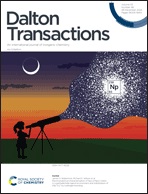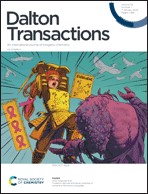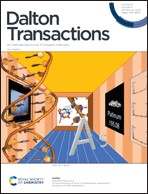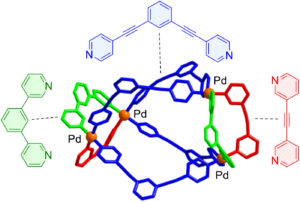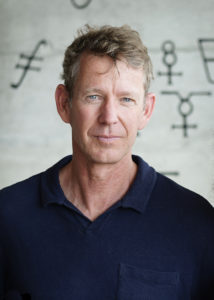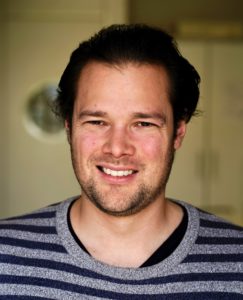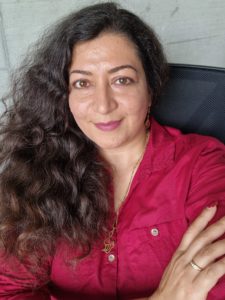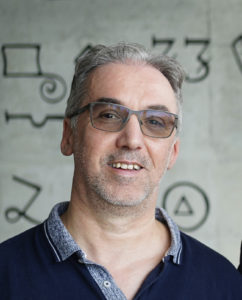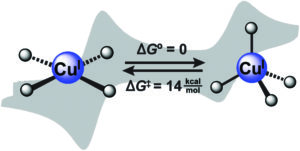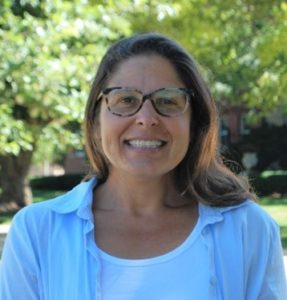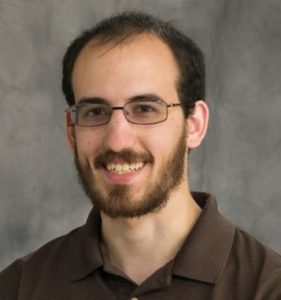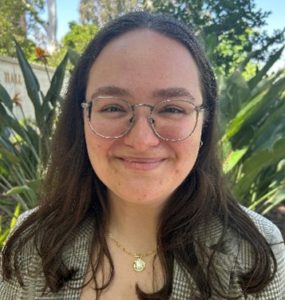The winners of the Dalton Transactions best cover awards, celebrating the cover artworks published in our journal each year, have now been chosen. These awards were voted for by the Dalton Transactions Editorial Board, our Editorial Office and the inorganic community via social media. We are delighted to announce this year’s winners below.
Winner of the 2025 Dalton Transactions’ Best Cover Award, chosen by our Editorial Board:
| Trinuclear gold chains and octanuclear copper gyrobifastigia stabilized using a fluorinated pyridyl ligand
Vo Quang Huy Phan, Mukundam Vanga, Benjamin T. Diroll, Alvaro Muñoz-Castro and H. V. Rasika Dias* Dalton Trans., 2025, 54, 15717-15725 |
Winner of the 2025 Dalton Transactions’ Best Cover Award, chosen by our Editorial Office:
 Outside front cover, Issue 33 Outside front cover, Issue 33 |
Discrete inorganic molecular upconversion: a dinuclear ytterbium–polyoxometalate complex exhibits cooperative upconversion luminescence
Ryunosuke Karashimada*, Motoki Nakahara and Nobuhiko Iki* Dalton Trans., 2025, 54, 12443-12446 |
Winner of the 2025 Dalton Transactions’ Best Cover Award, chosen by the Dalton Transactions community:

Outside front cover, Issue 27 |
p-Cymene–Ru(ii)–organometallic conjugates based on ‘V-shaped’ 4-amino-1,8-naphthalimide Tröger’s base scaffolds: synthesis, photophysics, bioimaging, and BSA/HSA binding studies (Open Access)
Binduja Mohan, Anna Jose, Indrajit Bhattacharjee, Raju Saravanan, Mannanthara Kunhumon Noushija, Mintu Porel, Bibhu Ranjan Sarangi and Sankarasekaran Shanmugaraju* Dalton Trans., 2025, 54, 10549-10557 |
Explore all of last year’s covers in our cover gallery, which includes links to the articles behind each cover.
Have you thought about highlighting your work on one of our covers?*
Articles that are associated with a cover receive an average of 35% more downloads than articles without. To achieve this, the Editorial Office will take extra steps to enhance the visibility of your article.
When your article and cover are published, we will:
- Make your article free to access for 6 weeks, ensuring global reach
- Insert your cover into the PDF of your article, making it more prominent to readers
- Place your article towards the front of the issue, where it will be more readily accessible to readers
- Promote your article and your cover through our social media channels
- Include your article in our ‘Articles behind the covers’ online themed collection, see our 2025 collection as it grows, here.
- Enter your artwork into our annual Cover Artwork competition
- Feature your article in the cover gallery on our blog
- Send you a high-resolution electronic copy of the cover for you to use in presentations or print and display at your institution
- For front covers, highlight your cover in the contents page of the journal online
If you are interested in showcasing your research on one of our covers, once your article has been accepted for publication, please do contact the Editorial Office for further information.
Please join us in congratulating this year’s winners and make sure to read all the work behind our 2025 covers, here.
*Please note that authors are required to pay a fee for this service. All covers must be approved prior to publication and will be used at the discretion of the Editorial Office.
















